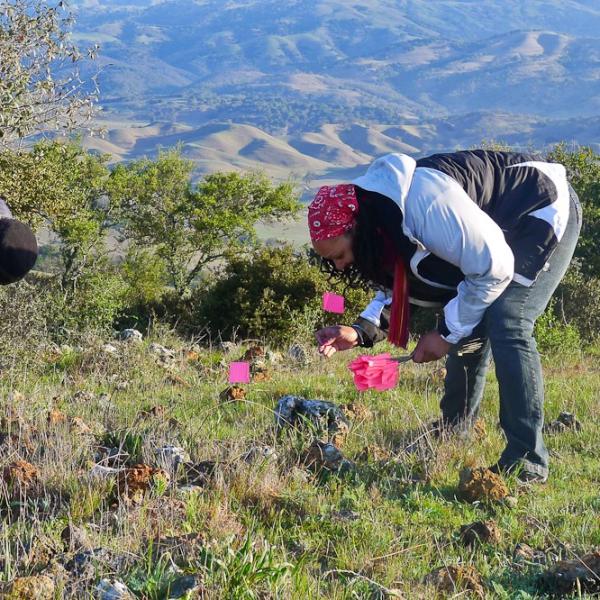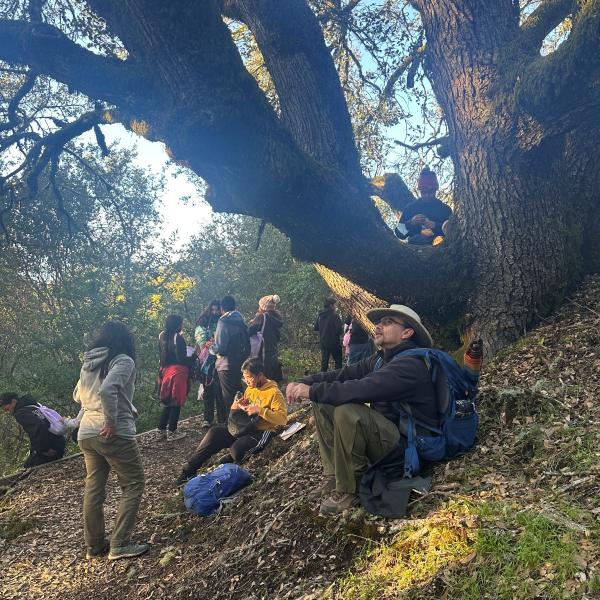New grantmaking program funding opportunity
Midpeninsula Regional Open Space District is pleased to announce $300,000 in funding is available through the 2025 Grantmaking Program grant round. Organizations are invited to submit pre-proposals for projects that further scientific understanding of our natural world, build capacity in the conservation field, or support nature-focused access, interpretation, and/or education for the public.
Para obtener ayuda con el RFP puede contactarnos en Español a: grants@openspace.org o por teléfono: (650) 691-1200
Announced September 9, 2025, organizations are invited to submit pre-proposals by Friday, October 31, 2025 for three funding priorities:
Access, Interpretation, and Education - educating and promoting open space protection.
Applied Science - advancing scientific understanding of natural processes and/or promoting environmental stewardship.
Network and Partnership Support - cultivating, sustaining and growing conservation networks.
Based on pre-proposals received by the October 31st deadline, select applicants will be invited to submit full proposals. Full proposals will be due Friday, January 30, 2026 by 5:00 PM.
Grants will be awarded in two tiers: tier 1 is for projects up to $30,000 and tier 2 will fund projects between $30,001 and $60,000. For more information, access the request for proposals and Frequently Asked Questions below.
Key dates
September 9, 2025 - Solicitation announcement
October 9, 2025 - Optional Public workshop
October 31, 2025 - Pre-proposals due
December 12, 2025 - Invitations to submit full proposals
January 30, 2026 - Full proposals due
May 2026 - Award notification
Grantmaking Program Application Webinar
An optional application webinar was held at 12:00 p.m. on Thursday, October 9, 2025. This webinar was recorded and can be viewed below.
Questions? Send an email to grants@openspace.org. Para obtener ayuda con el RFP puede contactarnos en Español a: grants@openspace.org o por teléfono: (650) 691-1200.





